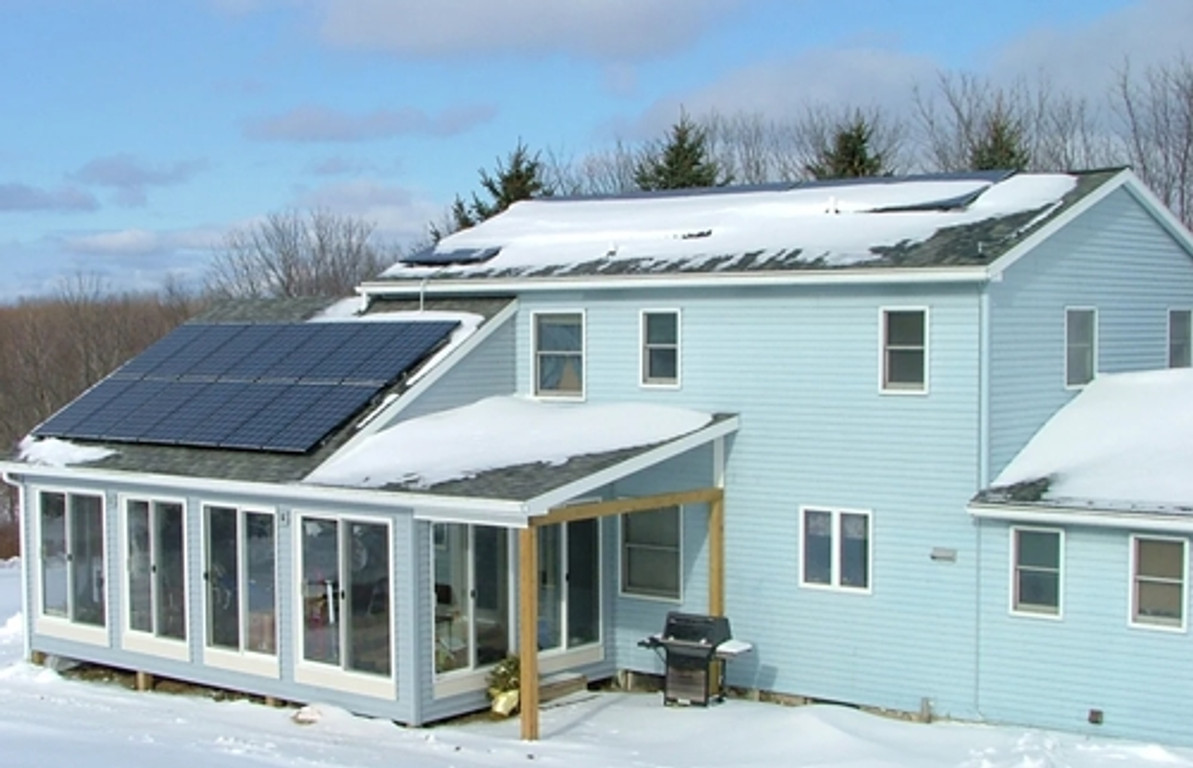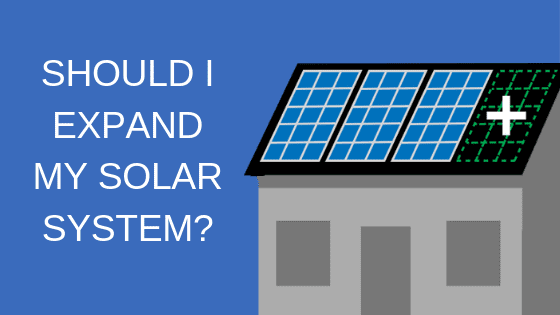
Solar loan rates can be compared to other home improvement loans, like those for a deck or HVAC. In both cases, the lender lends you money over time and charges interest. The loan may be used for equipment purchases or a partial payment of the cost to install your solar system.
Other incentives and benefits may be available to you in addition to your interest payments. These include state and federal tax credits, as well as rebates for electricity and sales and property taxes. These tax credits can make a huge difference to the price you end up paying.
Before you shop for a solar-powered loan, make sure that you know the pros and cons of each loan type. The right loan option should fit your budget as well as lifestyle.
You can maximize your savings by choosing the right solar loan. Low loan rates can save you money on interest and maintain a positive cash flow for the entire life of your solar system.

Finding the best solar loan interest rate can be done by using a solar loan calculator to determine how your monthly payments and total interest will change with different solar loan terms and interest rates. A solar loan calculator can help you determine the best interest rate for your solar loan by calculating your monthly payments and total interest.
Another great way to find the best solar loan rate is to shop around for lenders in your area. Many solar companies offer loan across the country. However, others only service a particular region or ZIP Code.
You can search online for a Solar Loan. There are several lenders who offer this type of financing on the internet.
Online applications are quick and easy to complete. They require minimal paperwork, and there is no credit check. You can receive a response within 24 hours after submitting the online application.
Some solar loans companies have an in-house team who will assist with your loan application. Other solar loan companies use a network to connect you to a provider. You should talk to your solar installer before you apply for a loan. This will allow them to recommend a reputable lender who has a history of helping homeowners.

Solar loans are the best solution for homeowners looking to lower their energy costs, reduce their carbon footprint, and live greener. These loans may be a good investment in the future.
Solar leases or power purchase agreements are some of the different types solar loans that homeowners can choose from. You may not be able to use all of the incentives and tax breaks available in your locality, but PPAs can still be a good way to finance your panels. If you do not qualify for the PPA program, your local authority may offer a program known as property assessed energy (PACE), where homeowners can use their homes as collateral to finance solar panel purchases. However, PACE loans typically have higher finance rates and can be a challenge for credit-challenged or lower income households.